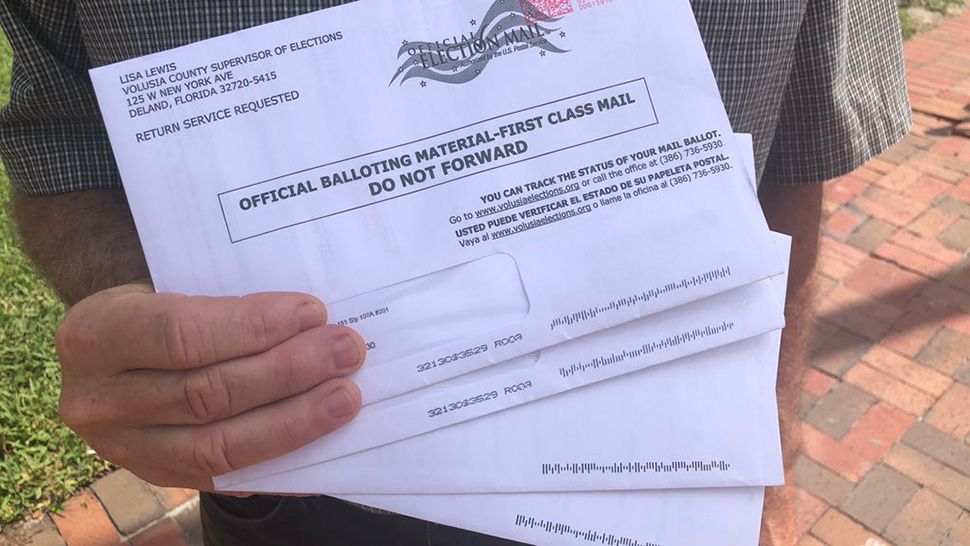NATIONWIDE -- The novel coronavirus will be with us through the summer, and with a viable vaccine projected to be a year or more away, it will almost certainly be with us in November.
Given that, the safety of in-person voting at polling locations is a legitimate concern, prompting steps toward expansion of a mail-in voting option in several states.
It’s a move vehemently opposed by President Donald Trump and other Republicans, citing threats to election security.
Back in April in Wisconsin, more than 400,000 people went to the polls to vote after the state Supreme Court struck down an attempt by the governor to push voting back to June.
Some voters waited in line for hours, but there are no definitive data yet on if or to what extent that contributed to cases of COVID-19 in that state.
President Donald Trump on Wednesday morning threated to withhold federal aid from Nevada and Michigan for moving to expand mail-in voting, likening it to “Voter Fraud.”
In the case of Michigan, absentee ballots were not mailed out. Rather, according to the state’s Secretary of State, applications for absentee ballots are being mailed out for August and November elections.
Nevada is planning an all-mail vote for its state primary in June.
Just how much of a security risk does mail-in voting present? The evidence for the potential for widespread fraud is scant. Likewise, there is little to suggest absentee ballots favor one party over the other. There is evidence, however, that absentee ballots increase voter turnout.
In fact, five states – Hawaii, Colorado, Washington, Oregon, and Utah – currently conduct elections entirely by mail.
The issue is just as contentious in Texas. On Tuesday, U.S. District Judge Fred Biery ordered that all Texas voters qualify for mail-in ballots during the coronavirus pandemic.
Texas Attorney General Ken Paxton fired back, stating he would seek immediate review by the U.S. 5th Circuit Court of Appeals. On Wednesday afternoon, the court granted a temporary administrative stay in the case.
Current Texas law allows those 65 years and older, have an illness or disability, will be out of the country during the election period, or are in jail to vote by mail.
The Associated Press contributed to this report.



